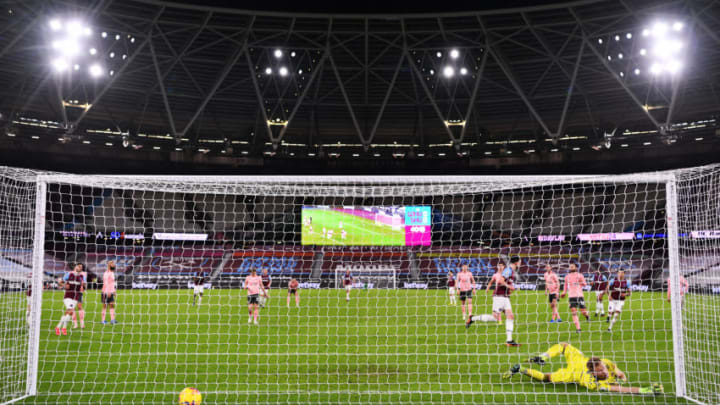In these unprecedented times, sadly Covid-19 hasn’t been the only big killer in the world. Suicide rates are at an all-time high and a large percentage are men under the age of 50. West Ham are showing support to this, but is enough being done to tackle this in the world of football?
Back in July 2020, West Ham United released a statement declaring its support for ‘Mentally Healthy’ football. The club had ten employees compete in a mental health first aid course to be able to support the players and offer guidance where needed.
Upon researching mental health in football, I found it deeply concerning that not enough clubs were talking about this, very few players indeed speaking out and alongside the anti-racism campaign, mental health needs bigger action taken to encourage more to seek the help they need.

Talksport have been doing a good job on actively talking about mental health within football and Leon McKenzie opened up on his personal battle whilst also helping a supporter through his own battle.
As someone who has suffered immensely with depression and anxiety in years gone by, to the point of nearly taking my own life, this subject really means a lot to me. To learn that the pandemic has seen such a vast increase in suicide, with the government largely focusing on Covid-19, could football lead by example in addressing the challenges many are facing.
Twitter can be both an incredible place yet toxic at the same time. Football results certainly prompting varying reactions and with most players on the platform, these are comments that will be hard to avoid looking at. After all, these players are still human like the rest of us and are not exempt from being impacted by nasty comments.
West Ham have, perhaps, seen a huge benefit from supporters not being in the stadium this season with the previous angry hammers faithful now seeing the side joint 4th in the league. All be it the frustrations were not directed at the team, these emotions are very likely to have filtered through to the players and impacted them mentally.
David Moyes, West Ham: “Football management is an incredibly lonely job”
The Hammers’ manager spoke out on mental health challenges when the pandemic came about and has continued to emphasize this within his recent press conferences. What more can be done?

There have been cases for and against the taking of a knee message in the battle against racism. Whilst it shows football is united in being against racism, a few clubs have recently stopped taking the knee as they feel it has not been doing enough. Crystal Palace star Wilfred Zaha feeling the taking of the knee is actually more degrading and that players should ‘stand tall’ in the battle.
So when it comes to mental health, the biggest challenge is how football clubs can come together to create a campaign that not only reaches out to the players within the game but also to the supporters. Perhaps the big broadcasters could each week have a segment dedicated to mental health, teaming up with those who can offer the help.
After all, the Premier League is watched globally and the opportunity to not only reach out to fans in the UK but also worldwide is enormous and could go a long way to bringing these tragic rates down in the years to come.
A clear message of support is needed, not just in mental health week, but each week to really knuckle down on this silent killer. Football is being shown most days now and all games being aired live due to the pandemic, so now is as good a time as any for football to really show its full support in mental health.
